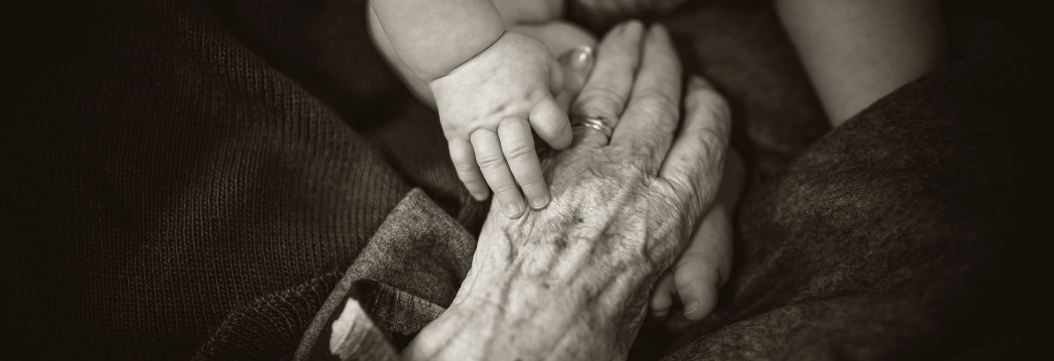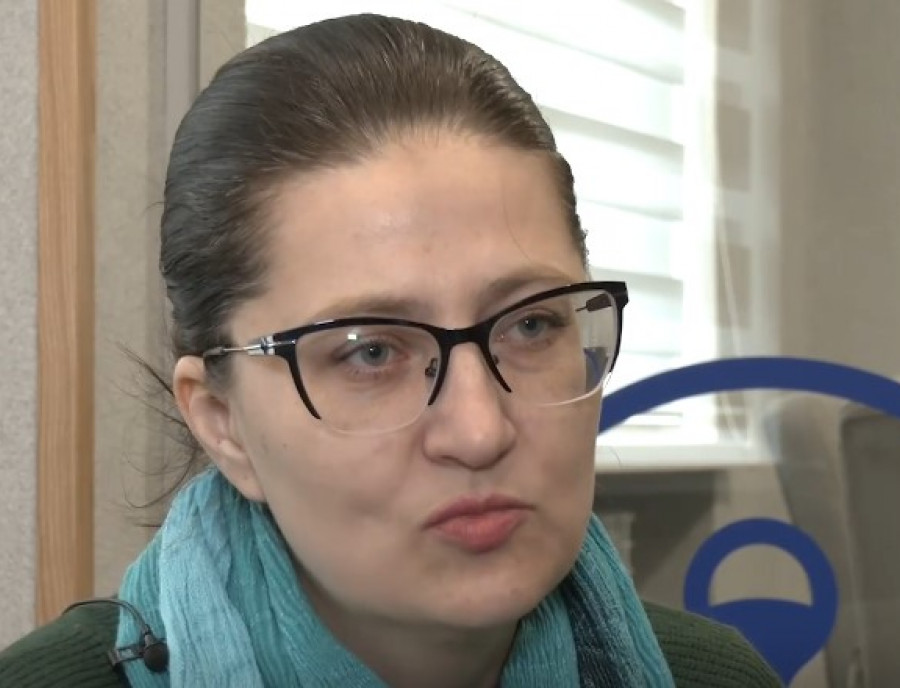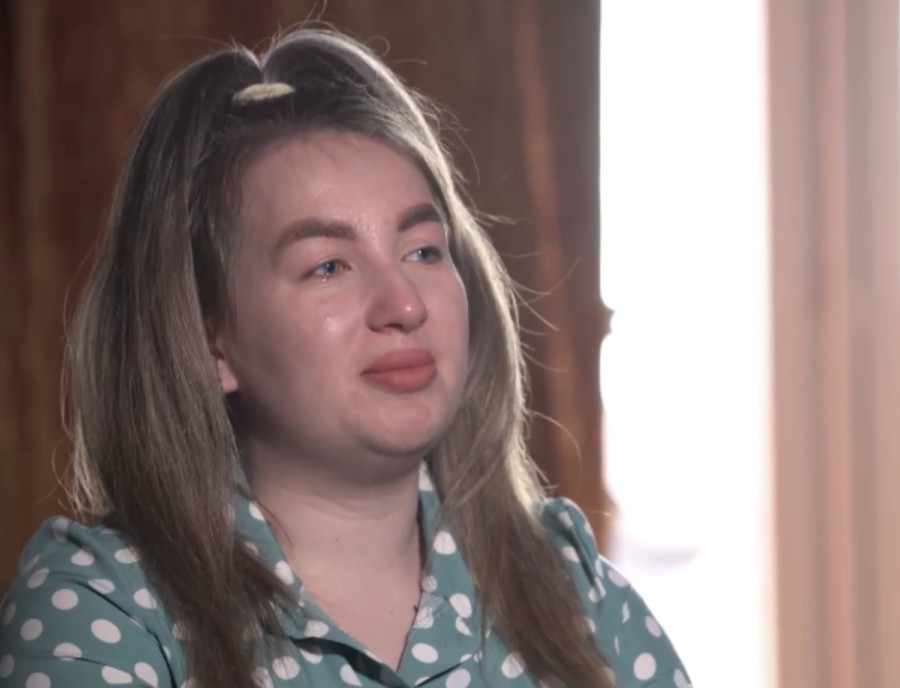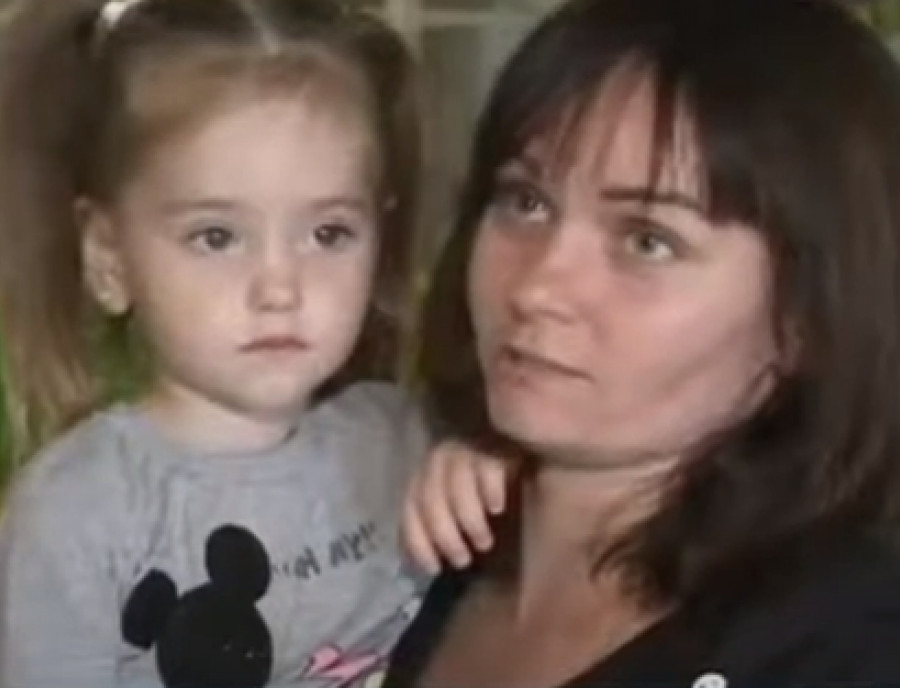Production director of the play “The Face of the Colour of War” Oleksiy Hnatiuk: “Our actors play themselves”
Oleksiy Hnatiuk is the production director of the Mariupol-based Kontseptsiya (The Concept) Theatre. The events experienced by him and his colleagues, theatre actors, formed the basis for the play “The Face of the Colour of War”, which was shown throughout the country. The play’s plot is based on accounts of eyewitness of the events that took place in Mariupol starting from 24 February 2022. Mariupol residents, like thousands of other Ukrainians, shared their stories with the Museum of Civilian Voices of the Rinat Akhmetov Foundation.
My story is about our Kontseptsiya (The Concept) theatre that was in Mariupol... Four families. Our theatre became a shelter for four families of actors. We lived here together, but not performing on our acting platforms, but rather living on our stage. Our theatre became a shelter. This united us, brought us so close together internally. This opened us up, revealed us so much from different sides, and this is what I wanted to talk about.
A person, each person acts or behaves differently in critical situations. Everyone reacts to certain external factors. Every person perceives the surrounding reality differently. And that is when people opened up. Problems like, for example, misunderstanding of the situation, or sparing use of water. The question of water availability was very acute. Some sanitary standards had to be strictly observed in order to avoid unsanitary conditions in our theatre. That is why our team made some outings to the sea. We collected water into bottles and brought it here. Not everyone wanted to do this, exposing their families and themselves to some risk. Basically, some people were absolutely fine about the mess we had, let’s say so.
The main thing was the shelter, but for me, it was the theatre that I had put together bit by bit. I created it. The lights, the sound [system], costumes – this is what I had been collecting for 15 years.
It meant everything to me, every statuette mattered. My actress, when she was sleeping, she accidentally dropped a mask once brought from Venice. Its price was 300 euros. The mask cracked. She came up to me, with her eyes welled up with tears, as she knew what my reaction would be. She said, “Well, but how? How I could be so clumsy?” I had so many spectators visiting us, but no one [touched] it... Well, but that is what happened now. And at that very moment, I learned myself from a different side. I realized that this mask was not so much important to me, but rather the actress’s life was. Rethinking came during this time. There were some values, rethinking…, some internal values were re-considered... and even the concept of myself. I kept a diary when I was ...
I was there from 24 February to 27 March, and in fact, that is the period of time we show in our play. Well, in any case, I am the [main] author of the play. But then I realized that it would be just great if the guys added their own monologues to it, because it would be the absolute truth. It would be absolute immersion, it would be 100% immersion, and emotionally too. And there would be no proposed or imposed circumstances at all. I did not edit any of the monologues. I mean, we took in what anyone wanted to say. Each of them had a different message. The play transformed several times because of this. It changed because everyone had their own story. To be able to put it together into one composition later, I had to edit it six times. My mother, for example, who is 70 years old, she perceives this reality in a very hard way.
Our flat burned down completely. We learned about it only when we were in Berdiansk. An actress, Anna Lafazan, informed us, “Sorry, but your flat burned down completely. We have to tell you this news.”
It happened. This is history, the history of my ancestors, the history of my childhood photographs. That is, I realize that I could have scanned them once. I could have come home from work and do some scans. It would have been in digital format. I did not do anything like that. And now a part of my life has been erased, so for me, this is... And it is very hard for my mother. She still takes it hard. She does not accept this reality. Well, when she sees some stories on TV. I left [my story] when I learned about the Museum of Civilian Voices. I showed her and said, “Mum, look at these stories. We are not the only ones.” She starts feeling better, in fact. She listens to it and starts crying. Well, tears are some kind of psychotherapy too. Our stage play is a form of psychodrama. When people watch it, they live through this both on the stage and when sitting in the audience hall, and they start feeling better. That is why, for some purposes, or in some sense, our performance is a treatment or cure.
We need to talk about it, because this is our history. People should know what the consequences may be if they are not patriots.
To some extent, this prompts how to behave or what to do in such critical moments. You know, some kind of scientific guide on how to survive. Because when I came to Kyiv, to my sister, I told her husband about how important it was to have a power generator in the house. How important it was to have some supplies, some canned food, because no one knew anything for sure. As we all live in the wartime now, and everyone should get ready for this, should be ready. Like to have some lighting devices run on solar batteries.
That is, this story is not only our pain about the events we are showing in the play. After all, this is a part of us. In the first place, this is a part of our inner world, our inner content. Actors…, after all, they do not play as usual, in the proposed circumstances that the author of the play writes. They rather play themselves, they show themselves on stage. And this is a very valuable, meaningful thing.
When quoting a story, a reference to the source – the Museum of Civilian Voices of the Rinat Akhmetov Foundation – is mandatory, as follows:
The Museum of Civilian Voices of the Rinat Akhmetov Foundation https://civilvoicesmuseum.org/






